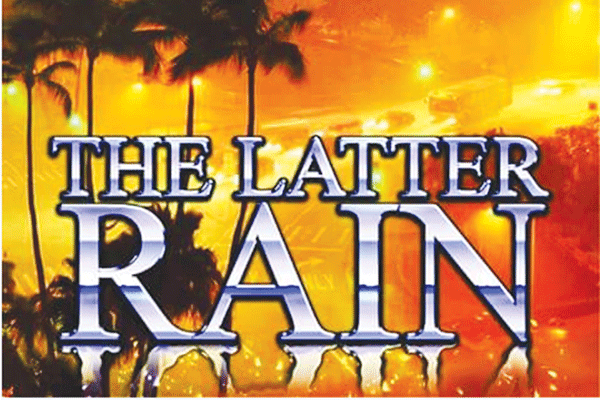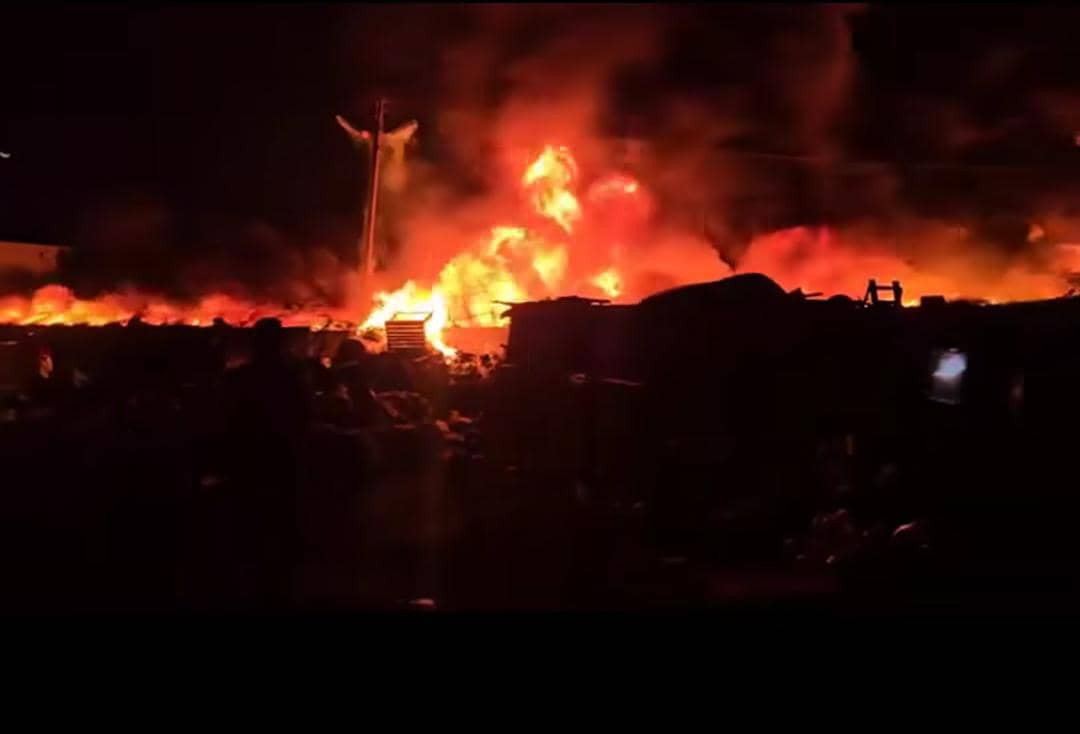
Title: The Latter Rain Author: Phillip Kundeni Chidavaenzi Publisher: New Heritage Press (2016) ISBN: 978-0-7974-5784-3
ON the surface, Phillip Kundeni Chidavaenzi’s The Latter Rain (2016) sounds like another Pentecostal exegesis seeking to remind believers that things will soon be well because the latter rain is coming.
REVIEWED BY TANAKA CHIDORA
Interpreting the book like that, however, will be a very grave mistake.
It is like thinking that Ignatius Mabasa’s Imbwa Yemunhu (“You are a dog”) is a collection of vitriolic expletives when, in actual fact, it is a journey into a dog’s spiritual salvation.
The Latter Rain is a story of young girls trying to make it, by any means necessary or unnecessary, in the treacherous city-lights-scape of Harare.
It is a story of young girls falling in love with the wrong men, or right men becoming wrong, or wrong men becoming right.
- Chamisa under fire over US$120K donation
- Mavhunga puts DeMbare into Chibuku quarterfinals
- Pension funds bet on Cabora Bassa oilfields
- Councils defy govt fire tender directive
Keep Reading
It is a story about the human audacity to survive, to live, to find love, sometimes to find love again, even in the midst of perilous circumstances including being fired unceremoniously from work, or allowing yourself to be raped by your boss in order to keep your job, or being forced to get married to a wizened gnome, who oppresses the souls of the villagers when you are only a teenager, or getting divorced. The list is endless. At the end, the human spirit triumphs.
The triumph of two lovebirds (Josh and Dorothy) with incongruent pasts — one a young man from a very rich urban family, and another a naïve and innocent young woman from a drought-ravaged village in want of rain — after a period of tribulation and separation, is testimony of the veracity of the clichéd adage: where there is a will, there is a way.
Of course, not every human spirit triumphs. Some, like Isabel, fall along the way. They look at their dreams and how those dreams seem to have dried up like raisins in the sun.
They then simply surrender their emaciated bodies and souls to the swift sword of death.
Regardless of her failures and shortcomings, regardless of her myopic, black-and-white view of life, we still love her, Isabel.
When she dies, we mourn her as if she has been a part of us all along. We fall short of dying with her. That is exactly how Chidavaenzi creates his characters.
Chidavaenzi creates his characters in such a way that you see that girl, who made you toss and turn on your bed at the first stirrings of amorous passion when you were 20, 17, 16 or even 15.
When I speak of Chidavaenzi’s characters, I am not only referring to human beings. Even nature is a character.
For instance, Karuredzo River is also waiting for the latter rain like Dorothy, like Josh, like many of us.
The drought prowling around Dorothy’s village is so alive that you feel its skeletal fingers groping for a strategic grip around your neck.
You see it groping for a way into people’s heads (some heads become so drought-stricken that they need the latter rain) until the parched inscape of an individual begins to reflect on the cracked landscape of the human body.
Chidavaenzi loves his words, too. He loves them the way he loves his characters and his readers.
His words are carefully chosen and meticulously placed, one after another, bringing to life the thing they communicate.
For instance, the way he describes the gradual disintegration of Jethro reads like a physical landscape being eaten, layer by layer, by elements of nature, or a mangy dog, whose flesh is peeling off slowly, but inexorably due to a cruel, but mysterious plague: “Almost two months after his return, it was becoming clear that he was losing grip of his mind. A bewildered look seemed to have taken permanent residence on his face and he was often seen arguing with himself, changing voices, as if he was engaged in a debate with several people. His emaciated frame spoke of a dire want that went beyond the need of food. He continued to tour the neighbouring villages in his drab, torn and faded jacket that hung loosely from his bony shoulders.”
What I thought I did not like about the novel concerns those sections, where the author uses religious phrases like “Man of God” and “speaking in tongues”.
This is not because I do not like the terms; it’s just that the author takes it for granted that readers know what they mean and they are part of the readers’ social upbringing.
However, I am sure if writers were to make things familiar to readers’ social upbringing they wouldn’t be writing.
A writer cannot make all things familiar for everyone. Besides, after reading Mario Vargas Llosa’s The War of the End of the World and how the author takes it for granted that we would know the meanings of such terms and phrases like “Blessed One”, I am sure Chidavaenzi exercised his licence as a writer here.
The Latter Rain is an amazing novel. It represents a “genre” that has been under-explored in Zimbabwean literature.
I mean, you do not usually come across a literary narrative from Zimbabwe that features an ambitious young man and an equally ambitious young woman, having sleepless nights because they are in love and are thinking of each other! All of this without open erotica! A friend of mine exclaimed, after reading The Latter Rain, “It’s like a movie!”
Tanaka Chidora is a lecturer at the University of Zimbabwe’s English Department












